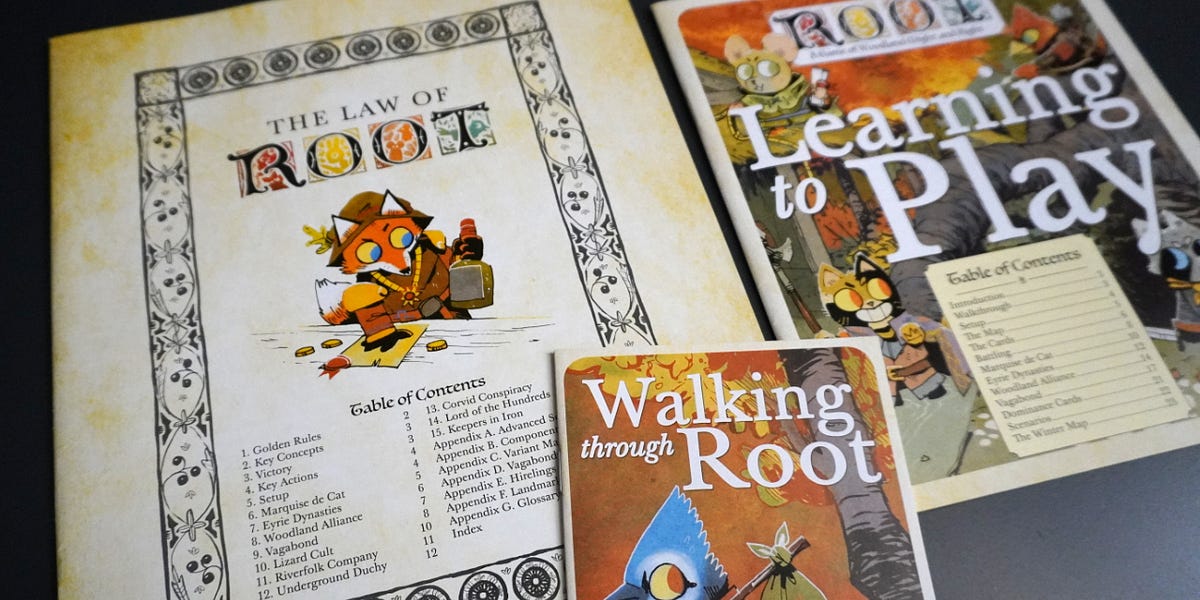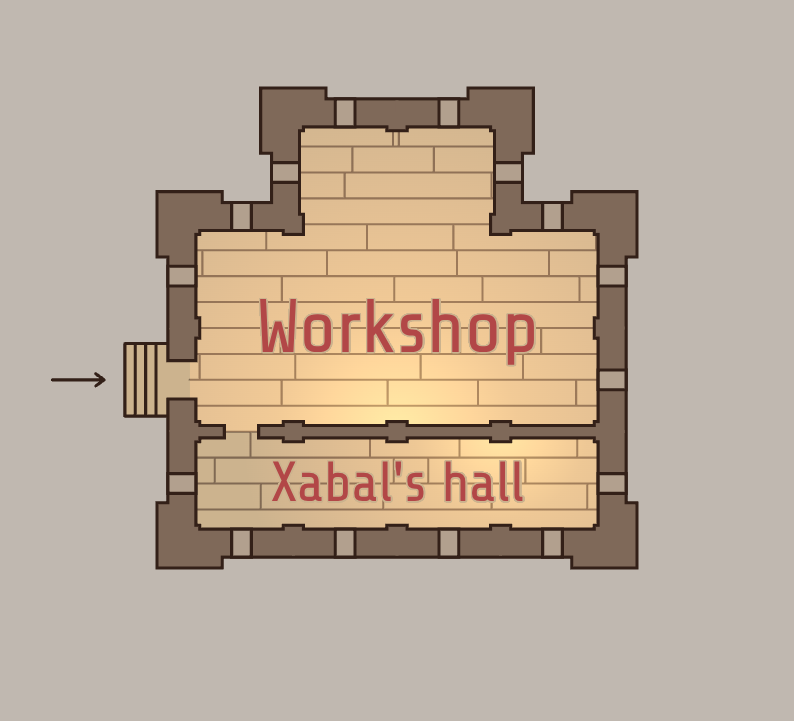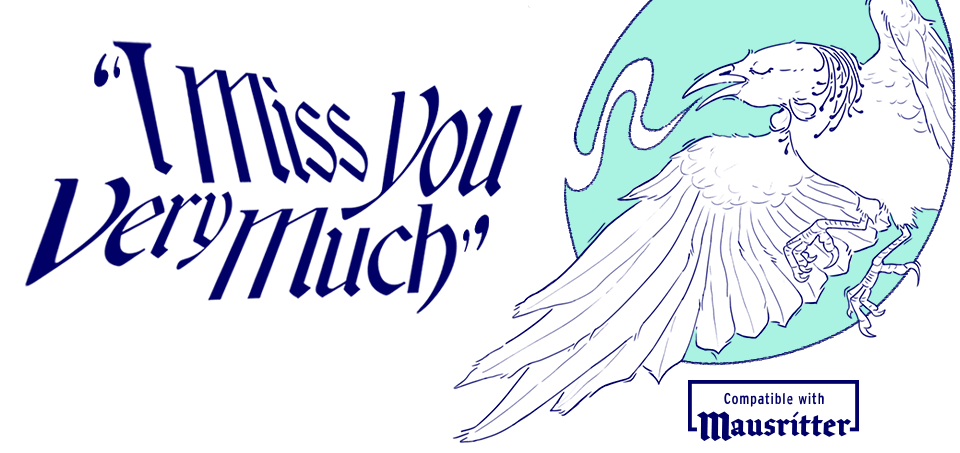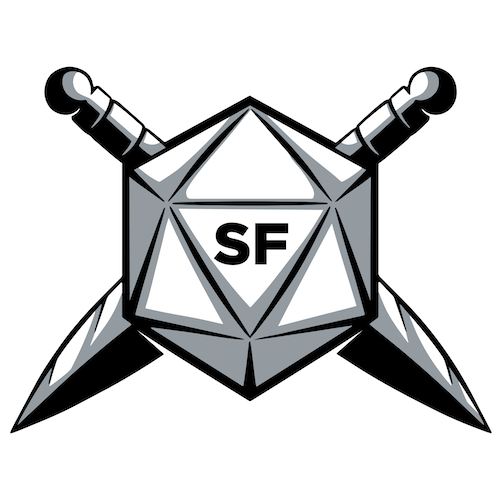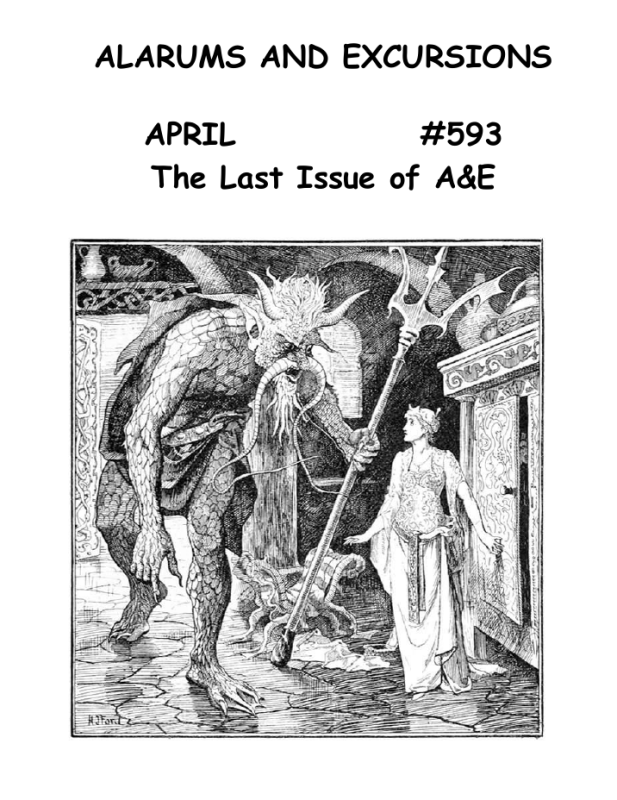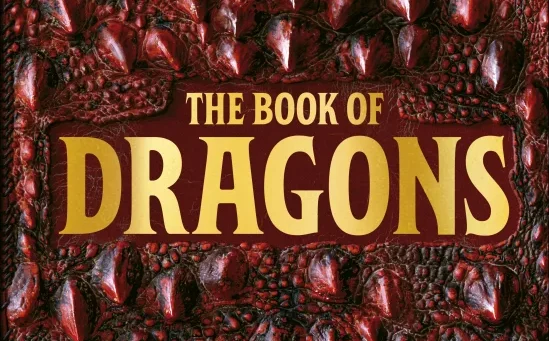SMOOSH JUICE
Break and Prevent the Boredom Spiral
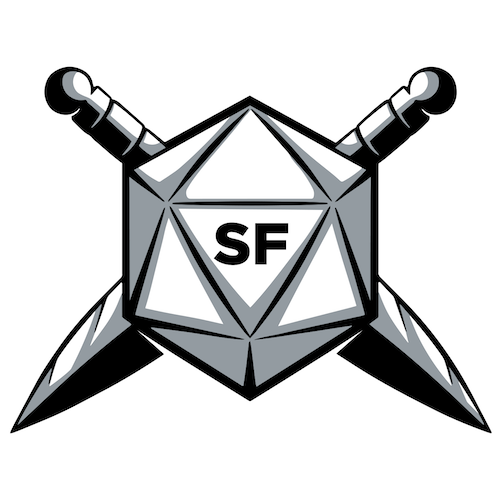
New to Sly Flourish? Start Here or subscribe to the newsletter.
Ruins of the Grendleroot, ten fantastic underworld adventures for 5e, is on sale this week for $5!
by Mike on 5 May 2025
I’m not a great RPG player – I’m much better in the GM’s seat. When I GM, I’m fully engaged. I have to be. I’m managing the story, the game, the pacing, and the fun of the people around the table. I’m always on.
When I play, there are several other players and the GM. There’s downtime between turns or between breaks in the conversation. I get distracted easily when it’s not my turn and I’m not directly involved in the action. I want to stay engaged. Here are a few ways for players to stay engaged:
- Take notes continually throughout the game.
- Pay attention to the story as it goes. Work to understand it even outside of your character’s involvement.
- Pay attention to the other characters. What interests you and your character about them?
- Put yourself in the world and visualize it. What is it really like in those dank dungeon halls? How does it feel to be in the presence of a huge green dragon?
Even with these tricks, four hours is a long time and sometimes my mind just wanders. Gods help me if my eyes stray to my phone.
Then I face a problem. If my mind wanders for too long, it’s hard to come back. The game moved on. A lot of what happened in the game slipped past me. I don’t know where we are or what we’re doing. I don’t want to admit that I lost track so I try to catch up but then my mind wanders even more because I can’t grasp what’s going on now when I don’t know what happened before.
That’s the boredom spiral. As a player, your mind might wander off and, when you try to come back, you can’t because the whole story moved on. You don’t want to embarrass yourself by admitting you were off in never never land but now you’re even less engaged and the spiral continues.
Break the Boredom Spiral
As a player, ask to pause for a minute and get a quick summary of where things are. Maybe try to catch back up on a break. If you have a chance, ask one of the other players at the table if they can catch us up. It’s ok to admit that you mentally wandered off for a bit and get back on track.
What can we GMs do to help prevent the boredom spiral in players?
Restate the Current Situation
If we can tell one or more of the players checked out, pause and re-describe what’s going on and where everything is. Where are the characters? What’s going on around them? Remember, players only grasp about half of what you’re describing so give them the information they need to understand the situation even if you feel like you already have. Be specific. Write things down on index cards and drop them on the table like the names of NPCs or the details of a location. Give players something visual and physical to hang on to.
Call for a Break Every Ninety Minutes
Pause your game regularly. Get people moving around. Grab another drink or go to the bathroom. Taking a break helps break up long narratives and splits longer games into shorter bits. Then, when everyone’s back at the table, restate the situation and give everyone a new baseline.
Call on Players and Give Context
It’s tempting to call on players who might have checked out but it can seem confrontational and rock them back on their heels. Instead, it’s ok to call on quiet players but give them context about the situation and where their character is in the middle of it. Let them know what their character would know. Call on them, describe the situation, and then ask what they want to do. Reiterating the situation gives players time to check back in and pick up on the details of the story.
Describe Between Turns
If you happen to run combat in the Theater of the Mind, describe what’s going on in the battle before each character’s turn – building the context around that character. Describing the situation each turn gives players the context they need to make meaningful choices in a battle. The more you understand the player’s character, the more you can tailor your description. Tell rogues about the cover they might hide behind. Tell mages the groupings of monsters for areas of attack. Tell paladins about the big hulking undead they might want to charge and smite. Describe the situation between each turn and tailor your description for the character.
Run Shorter Games
I think three hours is the ideal length for a game. Four hours is common, particularly in organized play sessions or at convention play, but three hours seems like the sweet spot for a meaningful session that’s short enough to keep people engaged. If you find yourself or your players get distracted in the latter half of a game, consider shortening the game.
Recognizing the Boredom Spiral
Above all, recognize the boredom spiral, both as a GM and as a player. It exists and there are things we can do to mitigate it and move on so we can enjoy every minute we spend with our friends around the table.
More Sly Flourish Stuff
Each week I record an episode of the Lazy RPG Talk Show (also available as a podcast) in which I talk about all things in tabletop RPGs.
Last Week’s Lazy RPG Talk Show Topics
Here are last week’s topics with time stamped links to the YouTube video.
- Ruins of the Grendleroot On Sale
- 5e Artisanal Monster Database Updated with D&D 2025 MM Monsters
- New Articles and Podcasts
- Knock Issue 5 from Merry Mushmen
- 5.2 SRD Released into the Creative Commons
- What can GM’s Do with the 5.2 SRD?
- A Look at Mike’s Little Candles — Is WOTC Being a Good Steward of the Hobby?
- D&D 2024 Errata
- Using Physical Books At the Table
Talk Show Links
Here are links to the sites I referenced during the talk show.
- Ruins of the Grendleroot On Sale for $5
- Subscribe to the Sly Flourish Newsletter
- Support Sly Flourish on Patreon
- Buy Sly Flourish Books:
- Knock Kickstarter
- 5.2 SRD Page
- 5.2 SRD PDF
- D&D 2024 PHB Errata
- D&D 2024 DMG Errata
- D&D 2024 MM Errata
Last week I also posted a couple of YouTube videos on Avoiding Enspelled Items and Sunray – Dragon Empire Prep Session 21.
RPG Tips
Each week I think about what I learned in my last RPG session and write them up as RPG tips. Here are this week’s tips:
- Drop in relaxed sessions where the characters can catch up with old NPCs, spend some time shopping, and maybe have a dinner party at their villa.
- Join two encounters together and let the characters navigate the conflicted sides.
- Roll randomly for three magic items for sale in larger towns.
- Use baseline costs for magic items but change them up or down based on each item’s actual utility.
- Give meaty battles a good hour of allocated time.
- Always keep an eye on the clock. Manage your session’s time.
- Let campaigns grow from each adventure and the choices the players make in between.
Related Articles
Share this article using this link: https://slyflourish.com/break_the_boredom_spiral.html
Subscribe to Sly Flourish
Subscribe to the weekly Sly Flourish newsletter and receive a free adventure generator PDF!
You successfully signed up for the Sly Flourish newsletter!
More from Sly Flourish
Sly Flourish’s Books
- City of Arches
- Return of the Lazy Dungeon Master
- Lazy DM’s Companion
- Lazy DM’s Workbook
- Forge of Foes
- Fantastic Lairs
- Ruins of the Grendleroot
- Fantastic Adventures
- Fantastic Locations
Have a question or want to contact me? Check out Sly Flourish’s Frequently Asked Questions.
This work is released under a Creative Commons Attribution-NonCommercial 4.0 International license. It allows reusers to distribute, remix, adapt, and build upon the material in any medium or format, for noncommercial purposes only by including the following statement in the new work:
This work includes material taken from SlyFlourish.com by Michael E. Shea available under a Creative Commons Attribution-NonCommercial 4.0 International license.
This site may use affiliate links to Amazon and DriveThruRPG. Thanks for your support!



